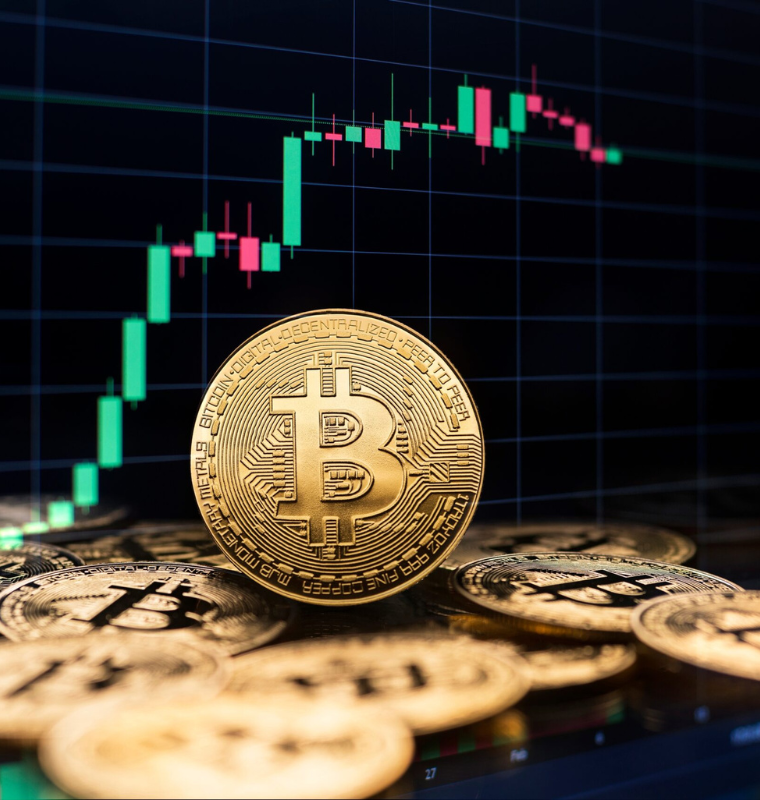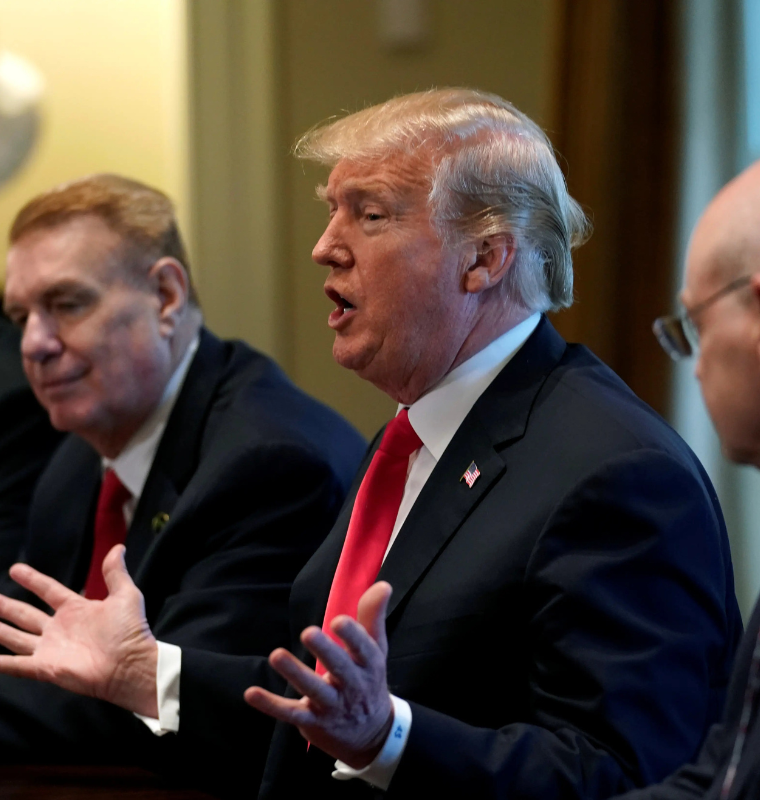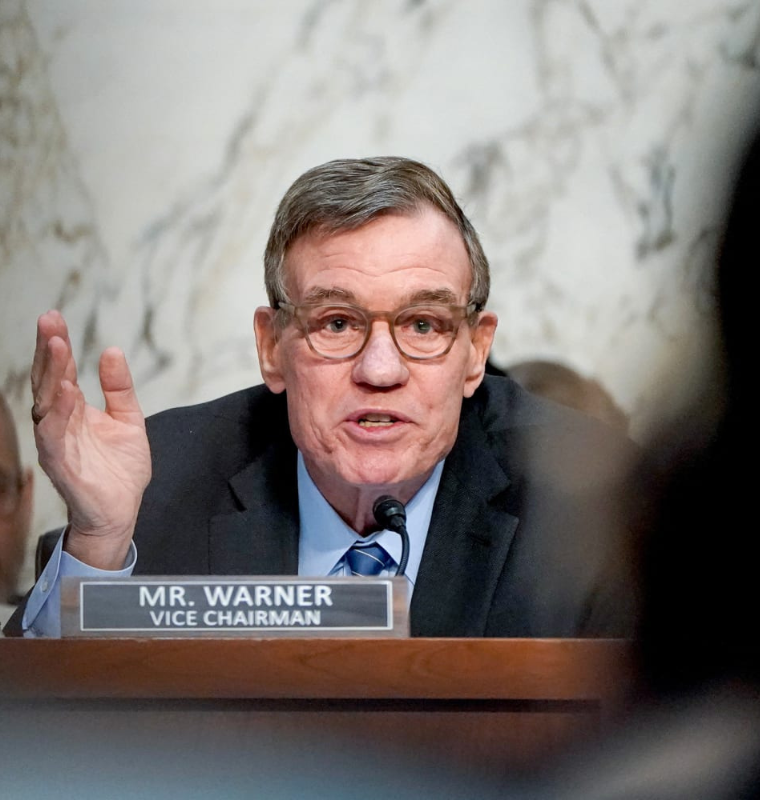Japanese Auto Stocks Rally as U.S. Slashes Tariffs to 15 Percent
Japanese Auto Stocks Rally as U.S. Slashes Tariffs to 15 Percent
By
Junia Wells
Last updated:
July 23, 2025
First Published:
August 6, 2025

Photo: France 24
Japanese Automakers Soar as U.S. Tariff Relief Ignites Market Optimism
Japanese auto stocks saw a major uptick on global markets following the announcement that U.S. tariffs on imported vehicles from Japan will be reduced from 25% to 15%. The move, which is part of what President Donald Trump described as the “largest deal ever” between the two nations, brought a wave of relief to Tokyo’s struggling automotive sector.
Stock Market Reaction: A Surge Across the Board
The announcement triggered a broad rally across Japanese and South Korean automakers. Here's how the stocks responded:
- Toyota: Jumped over 15%, the largest single-day gain in recent months.
- Honda: Rose more than 11%.
- Mazda Motor: Surged over 17%.
- Nissan: Gained more than 9%.
- Mitsubishi Motors: Increased by 13%.
- Hyundai (South Korea): Climbed 7%.
- Kia (South Korea): Rose 6.75%.
The gains reflect strong investor confidence that lower tariffs will help restore competitiveness for Japanese exports, which had been severely hit in recent months.
Details of the New Tariff Structure
The newly announced tariff deal includes:
- A reduction from the previously imposed 25% import tariff to a combined 15% rate.
- This includes a 12.5% cut on the original tariff and a 2.5% base tariff under the Most Favored Nation (MFN) clause, according to NHK (Japan’s national broadcaster).
This comes after President Trump’s March 26 declaration of a 25% tariff on all foreign-made vehicles, which officially took effect on April 2. That policy caused a significant slowdown in Japanese automobile exports to the U.S.
Trade Figures Highlight the Impact
Auto exports make up a substantial portion of Japan’s trade with the U.S., accounting for 28.3% of total shipments in 2024, based on data from Japanese customs.
- In June, Japanese auto exports to the U.S. plummeted 26.7%.
- In May, the drop was 24.7%.
These sharp declines placed heavy pressure on Japanese automakers and prompted increased lobbying for tariff relief.
Beyond Tariffs: Additional Deal Highlights
In a post on Truth Social, President Trump revealed further elements of the agreement:
- Japan will reportedly invest $550 billion in the U.S. economy.
- The U.S. is expected to receive “90% of the profits” from this trade relationship.
- Japan has also agreed to open its market to more U.S. products, including cars, trucks, rice, and agricultural goods.
While analysts remain skeptical about the investment and profit figures, they agree that the deal marks a turning point in U.S.–Japan trade dynamics.
Industry Perspective: A Welcome Breather but Not the Endgame
Ed Rogers, CEO of Rogers Investment Advisors, commented that although the tariff rollback is a positive development, challenges remain.
“This is certainly very good news for Japanese automakers,” Rogers said. “But the industry still faces stiff competition from Chinese and South Korean carmakers. This deal provides a short-term cushion, not a long-term solution.”
Markets Cheer, but Structural Concerns Persist
The announcement has boosted short-term sentiment and equity valuations in Japan’s auto sector. Yet, experts warn that the broader competitive landscape, coupled with ongoing geopolitical uncertainties, means automakers will need more than tariff relief to secure sustainable growth.
Still, with key stocks rebounding sharply and optimism rising over U.S.–Japan trade relations, the auto sector is enjoying a much-needed moment of momentum.
Popular articles
Subscribe to unlock premium content
Disney’s Timeless Magic and How the Entertainment Giant Continues to Shape Culture and Innovation

Imran Khan’s Economic Missteps Amid Political Chaos in Pakistan

The Philippines’ Digital Shift How Remittances and BPO Are Fueling Growth

Disney’s Timeless Magic and How the Entertainment Giant Continues to Shape Culture and Innovation

Imran Khan’s Economic Missteps Amid Political Chaos in Pakistan

Disney’s Timeless Magic and How the Entertainment Giant Continues to Shape Culture and Innovation









